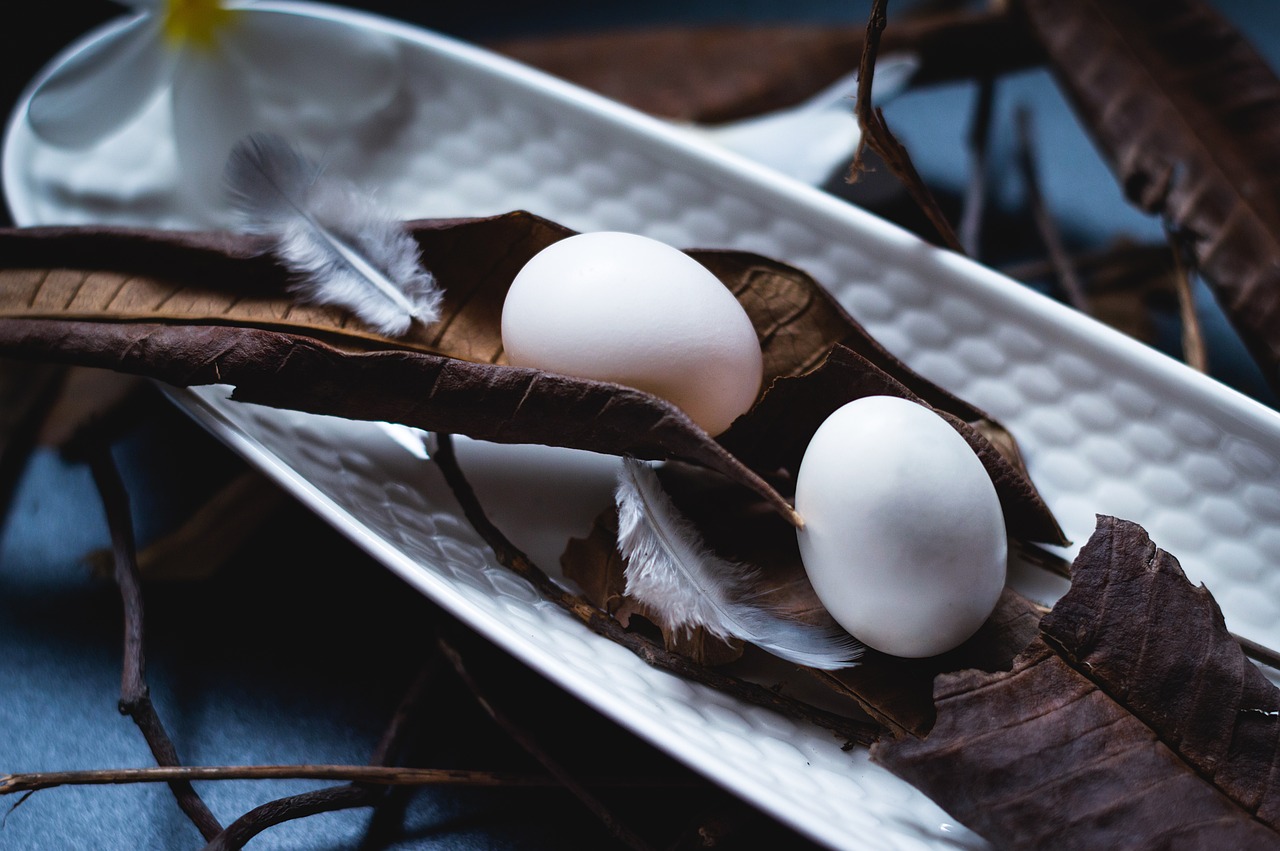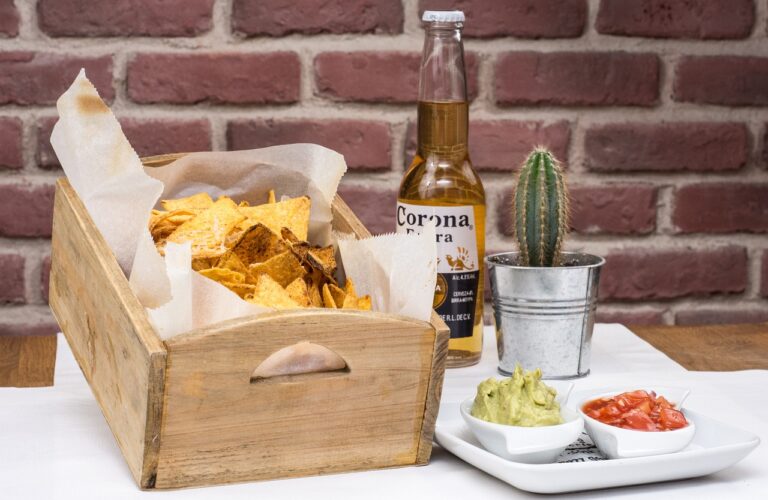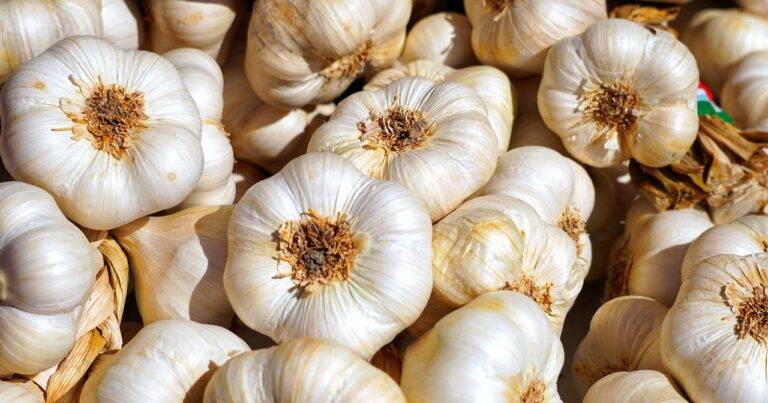The Role of Olive Oil in Traditional Religious Practices: Bet bhai 9, Playexch9 com login, Lotus365win
bet bhai 9, playexch9 com login, lotus365win: Olive oil has been a staple in traditional religious practices for centuries, playing a significant role in various rituals and ceremonies. Its rich history and symbolism have made it a vital component in the everyday lives of many religious communities around the world.
The use of olive oil in religious practices can be traced back to ancient times when it was considered a sacred and pure substance. It was often used for anointing priests, kings, and prophets as a symbol of consecration and blessing. The practice of anointing with oil is mentioned in the Bible numerous times, highlighting its importance in religious ceremonies.
Throughout history, olive oil has been used in various religious traditions, including Judaism, Christianity, Islam, and others. In the Jewish faith, olive oil plays a crucial role in the lighting of the menorah during Hanukkah, symbolizing the miracle of the oil that lasted for eight days. In Christianity, olive oil is used in the sacrament of anointing the sick, representing healing and strength. In Islam, olive oil is mentioned in the Quran as a source of light and guidance, often used in lamps and as a symbol of purity.
The significance of olive oil in traditional religious practices extends beyond its symbolic meanings. It is also valued for its health benefits and nutritional properties. Olive oil is known for its high levels of monounsaturated fats, antioxidants, and anti-inflammatory compounds, which are beneficial for overall health and well-being.
In addition to its spiritual and health benefits, olive oil is also used in practical ways within religious communities. It is often used in cooking, as a fuel for lamps, and in the production of religious items such as candles, soaps, and ointments. The versatile nature of olive oil has made it a valuable resource for both religious and everyday purposes.
Overall, the role of olive oil in traditional religious practices is multifaceted and profound. Its symbolism, health benefits, and practical uses make it a valuable and integral part of many religious traditions. As we continue to explore the significance of olive oil in religious practices, it becomes clear that its influence transcends time and culture, connecting us to our spiritual beliefs and traditions in meaningful ways.
—
**The Power of Anointing with Olive Oil**
Anointing with olive oil has been a sacred practice in many religious traditions for centuries, symbolizing consecration, blessing, and healing. The act of anointing with oil is a powerful and meaningful ritual that holds deep spiritual significance for believers around the world.
**The Symbolism of Olive Oil in Religious Practices**
Olive oil is often used symbolically in religious rituals and ceremonies as a representation of purity, light, and divine presence. Its rich history and cultural significance have made it a symbol of blessing and protection in various religious traditions.
**The Health Benefits of Olive Oil**
In addition to its spiritual symbolism, olive oil is valued for its health benefits and nutritional properties. Studies have shown that olive oil is rich in antioxidants, monounsaturated fats, and anti-inflammatory compounds, which can help improve heart health, reduce inflammation, and support overall well-being.
**Practical Uses of Olive Oil in Religious Communities**
Beyond its symbolic and health benefits, olive oil is also used in practical ways within religious communities. It is often used in cooking, as fuel for lamps, and in the production of religious items such as candles, soaps, and ointments. The versatility of olive oil makes it a valuable resource for both religious and everyday purposes.
**Olive Oil in Scripture and Tradition**
The use of olive oil is deeply rooted in religious scripture and tradition, with mentions of its significance found in texts such as the Bible and the Quran. The symbolic meanings and practical uses of olive oil have been passed down through generations, shaping the way it is used in religious practices today.
**The Spiritual Significance of Olive Oil**
For many believers, the act of anointing with olive oil holds deep spiritual significance, connecting them to their faith and tradition in a meaningful way. Whether used in ceremonies, rituals, or everyday practices, olive oil serves as a powerful symbol of divine presence and blessing.
**FAQs**
**Q: Why is olive oil used in religious practices?**
A: Olive oil is used in religious practices for its symbolic meanings, health benefits, and practical uses. It represents purity, light, and divine presence, while also offering nutritional and healing properties.
**Q: How is olive oil used in religious ceremonies?**
A: Olive oil is often used for anointing priests, kings, and prophets as a symbol of consecration and blessing. It is also used in rituals such as the lighting of lamps, anointing the sick, and consecrating sacred objects.
**Q: What are the health benefits of olive oil?**
A: Olive oil is rich in antioxidants, monounsaturated fats, and anti-inflammatory compounds, which can help improve heart health, reduce inflammation, and support overall well-being.
**Q: How has the use of olive oil in religious practices evolved over time?**
A: The use of olive oil in religious practices has evolved to incorporate new rituals, ceremonies, and traditions, while still maintaining its symbolic meanings and spiritual significance.
**Q: Can olive oil be substituted with other oils in religious practices?**
A: While olive oil is traditionally used in religious practices, other oils can be substituted depending on cultural or dietary restrictions. However, the symbolic meanings and spiritual significance of olive oil may be lost in the process.







